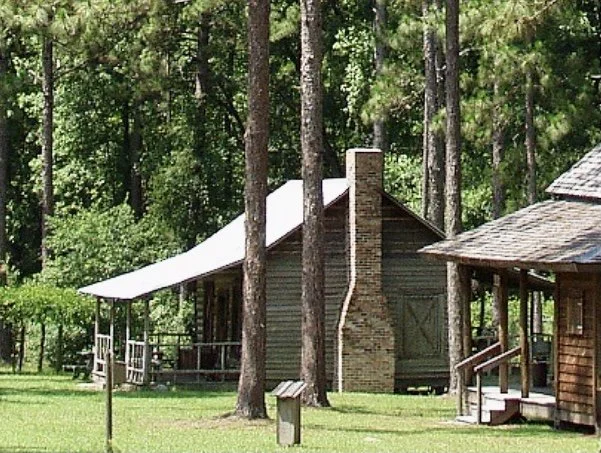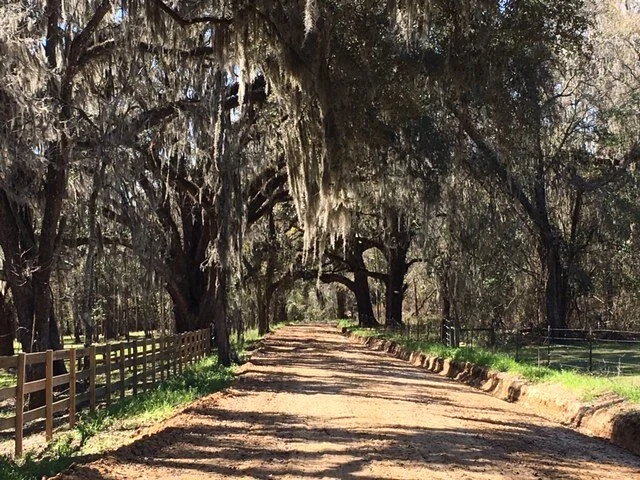Let’s get you started on finding your ancestors.
First, start with yourself. Then identify your parents and grandparents. Interview existing family members and relatives. Ask them about your great-grandparents. Find them in census records. Find death and burial records. Find their marriage records. Find their birth and baptism records. Find them on Familysearch.org. Contact other descendants through genealogy forums and DNA.
You will find who they were in the story of Florida—in the story of the United States. Be interested in who made you who you are today. Because whether you like it or not, you are an extension of who made your parents and who made your grandparents.
Remember, spelling wasn’t standardized. It happened gradually and without planning. Noah Webster’s American standard was not introduced until the early 19th century. He based it on what he thought was the current spelling in North America. But that was only the beginning. People did not read like they do today. Mostly, they communicated orally, and they spelled phonetically. People spoke in dialects.
You will find infamous ancestors and uncomfortable truths. Human behaviors are messy because humanity is messy. So have an open heart and try to understand them.
Find the Neighbors: Look for people nearby geographically or people associated with your ancestor in records, such as executors/administrators, guardians, trustees for mortgages, buyers of land neearby, sellers of land, bondsman on marriage or other documents, plaintiffs/defendants in court cases, employers/employees. Who are their extended family members, such as siblings, in-laws, cousins, uncles, and aunts. Look at the members of the same church, same fraternal organizations, military unit, jury panel, political party, school group, and their occupation. Who is buried in their same cemetery plot.
Family History Writing
Below are links to blog posts and articles about family history writing and publishing. Just click on the subject, and a new window will open with the article.

As Yourself These Genealogical Questions

Henry and Cinda Andrews


